Dietitians in Assisted Living play a vital role in supporting resident health and vitality through personalized nutrition plans. At Westmont of Chico, these professionals are more than just menu planners – they’re wellness advocates.
With aging comes unique dietary needs, and assisted living communities like Westmont of Chico recognize this by employing trained dietitians who understand how to promote well-being through food. Whether managing chronic conditions, boosting immunity, or enhancing emotional health, the involvement of a registered dietitian is essential.
Explore how our team supports residents by visiting Westmont of Chico.
The Importance of Nutrition in Assisted Living
When thinking about senior care, nutrition should be a top priority. A dietitian’s role is pivotal in promoting both physical and emotional health in older adults. A nutritious diet contributes to energy, cognitive clarity, mood regulation, and longevity. In fact, good nutrition is closely linked to reduced risk of chronic diseases such as heart disease and diabetes.
Dietitians in assisted living ensure meals are not only nourishing but also socially engaging, as shared meals offer residents a chance to build relationships and reduce feelings of isolation. With tailored meal plans, seniors experience a better quality of life.
Expertise of Dietitians in Creating Personalized Plans
Personalized nutrition is a cornerstone of effective senior care. Every resident has unique needs—ranging from diabetes management to heart-healthy diets—and Westmont of Chico’s dietitians customize meal plans accordingly.
This process aligns closely with the long-term care dietitian job description, which emphasizes individualized assessments, plan development, and monitoring outcomes. Dietitians collaborate with nursing staff to tailor diets that align with medical care and resident preferences.
At Westmont, dietitians also draw on long-term care dietitian resources, including professional guidelines and continuing education, to ensure the highest standards of care. Nutritional programs reduce malnutrition risk and support vibrant aging.
Key Components of Nutritional Plans for Residents
Nutrient-Dense Food Options
For residents to thrive, meals must include ingredients that provide maximum nutritional value. Some core nutrient-dense food choices include:
- Leafy greens like kale and spinach
- Fresh fruits such as berries and apples
- Whole grains like brown rice and quinoa
- Lean proteins including poultry and legumes
These options deliver essential vitamins, fiber, and protein, which are key to muscle maintenance and immune function. To accommodate a variety of preferences and restrictions, Contract Dietitian services may be utilized to design menus that are both compliant and appealing.
You can explore additional insights from the Academy of Nutrition and Dietetics on nutrient-rich meal planning.
Personalized Dietary Adjustments
A one-size-fits-all diet doesn’t work in assisted living. Residents have varying needs: gluten-free, vegetarian, low-sodium, or diabetic-friendly. Personalizing meals is where dietitians in assisted living shine.
| Dietary Preference | Sample Meal Customization |
| Gluten-Free | Quinoa salad with mixed veggies |
| Vegetarian | Lentil and vegetable stew |
| Low-Sodium | Grilled fish with lemon and herbs |
| Diabetic-Friendly | Baked chicken with steamed broccoli |
| High-Fiber | Chia pudding with berries |
Resources such as simple and nutritious meals ensure that taste never takes a back seat to health.

Strategies for Meeting Special Dietary Needs
Managing specific dietary needs requires creativity, empathy, and education. To support residents, dietitians use strategies like:
- Utilizing herbs and spices to avoid sodium or sugar
- Offering vibrant meal presentations to enhance the appetite
- Gathering regular resident feedback to adjust menus
- Ensuring food texture is safe for those with swallowing difficulties
Such methods are rooted in best practices outlined in long-term care dietitian resources, ensuring seniors receive appropriate, dignified care. This is especially important in long-term care settings where residents may have complex medical needs.
Dietitian Staffing Ratios in Long-Term Care
Effective care depends on appropriate staffing. According to industry benchmarks, dietitian staffing ratios in long-term care settings should allow for personalized care, compliance, and timely assessments.
Understaffing can lead to missed opportunities for nutritional interventions, while optimal staffing enables better meal monitoring, food safety assurance, and resident satisfaction. At Westmont of Chico, the dietitian-to-resident ratio supports regular reviews and high-touch service, key to successful aging.
Benefits of Quality Nutrition for Overall Well-Being
Quality nutrition offers a ripple effect across all areas of life:
- Improved cognition – B vitamins and omega-3s support brain function
- Enhanced immunity – Antioxidant-rich foods reduce illness risk
- Stronger muscles – Adequate protein intake prevents frailty
- Better mental health – Balanced meals can stabilize mood
For many seniors, food becomes a source of joy and independence. Empowering residents through nourishing choices supports their autonomy and well-being.

The Role of Mealtime in Social Engagement
At Westmont of Chico, meals are more than sustenance—they’re social events. A warm, welcoming dining experience encourages:
- Laughter and conversation at the table
- Special events like holiday-themed dinners
- Group cooking demos and nutrition workshops
These moments enrich the community atmosphere and contribute to emotional wellness. Dining together helps combat loneliness and promotes feelings of belonging.
The Value of Contract Dietitian Services
Some facilities choose to work with a Contract Dietitian to access specialized expertise or supplement staff during high-need periods. Contract dietitians can:
- Lead nutritional audits
- Develop specialized menus (e.g., renal, oncology diets)
- Educate staff on updated best practices
- Fill staffing gaps to maintain compliance
This flexible model ensures continuity of care and leverages outside expertise when needed. For communities like Westmont of Chico, it’s another way to deliver excellence in nutritional care.
Innovations in Nutritional Care at Westmont of Chico
Westmont of Chico stays at the forefront of senior nutrition with forward-thinking initiatives such as:
| Innovation | Benefit |
| Digital Nutrient Tracking | Real-time adjustments to diet plans |
| Interactive Resident Education | Boosts meal participation and informed choices |
| Sustainable Sourcing | Fresh local ingredients enhance flavor and nutrition |
| Resident Feedback Tools | Improves satisfaction with dining services |
As the demand for specialized senior care grows, these innovations ensure that dietitians in assisted living can continue to provide high-quality service. You can learn more about sustainable food service trends in senior care via Meals on Wheels America.
Nourishment That Transforms Lives
While nutrition might seem routine, its impact is profound—especially in an assisted living setting. At Westmont of Chico, dietitians in assisted living go beyond basic meal planning. They design experiences that nourish the body, uplift the spirit, and cultivate connection.
Whether it’s a comforting bowl of soup or a carefully crafted diabetic-friendly entrée, every meal is an opportunity for better health and joyful living. From understanding the long-term care dietitian job description to implementing ideal dietitian staffing ratios in long-term care, Westmont is committed to excellence at every level.
To explore our dietary program or to schedule a tour, visit Schedule a Tour or call us at 530-767-3886.
How Do The Costs Of Moving Into A Quality Senior Care Community Compare With The Costs Of Staying At Home?Compare The Costs of Senior Living vs Staying at Home
Frequently Asked Questions
What is the role of a dietitian in the elderly?
A dietician plays a key role in supporting the health and well-being of older adults. They assess nutritional needs, manage chronic conditions like diabetes or heart disease, and ensure seniors are getting balanced meals. Dieticians also help address age-related issues such as poor appetite, difficulty chewing, or nutrient deficiencies. Their guidance can lead to improved energy, better immune function, and enhanced quality of life in the elderly.
What is the role of a dietitian in patient care?
In patient care, a dietitian evaluates nutritional needs and creates personalized meal plans to support recovery and overall health. They work with medical teams to manage conditions like malnutrition, obesity, and food allergies. Dieticians also educate patients and caregivers on proper nutrition and healthy eating habits. Their input ensures patients receive the right nutrients to aid healing and maintain strength during treatment.
What is the role of a dietitian in end-of-life care?
In end-of-life care, a dietitian focuses on comfort and quality of life rather than nutritional correction. They work closely with hospice teams to honor the patient’s wishes while managing symptoms such as nausea, loss of appetite, or swallowing difficulties. Their role includes offering compassionate guidance to families about food choices during this sensitive time. The goal is to reduce stress around eating and ensure dignity and comfort for the patient.
What does a dietitian do for a living?
A dietitian helps people improve their health through nutrition education, meal planning, and dietary management. They work in various settings such as hospitals, nursing homes, clinics, schools, and private practice. Their responsibilities may include assessing nutritional needs, developing food programs, and promoting healthy eating habits. Dietitians play an important role in preventing and managing diseases through food and lifestyle interventions.









